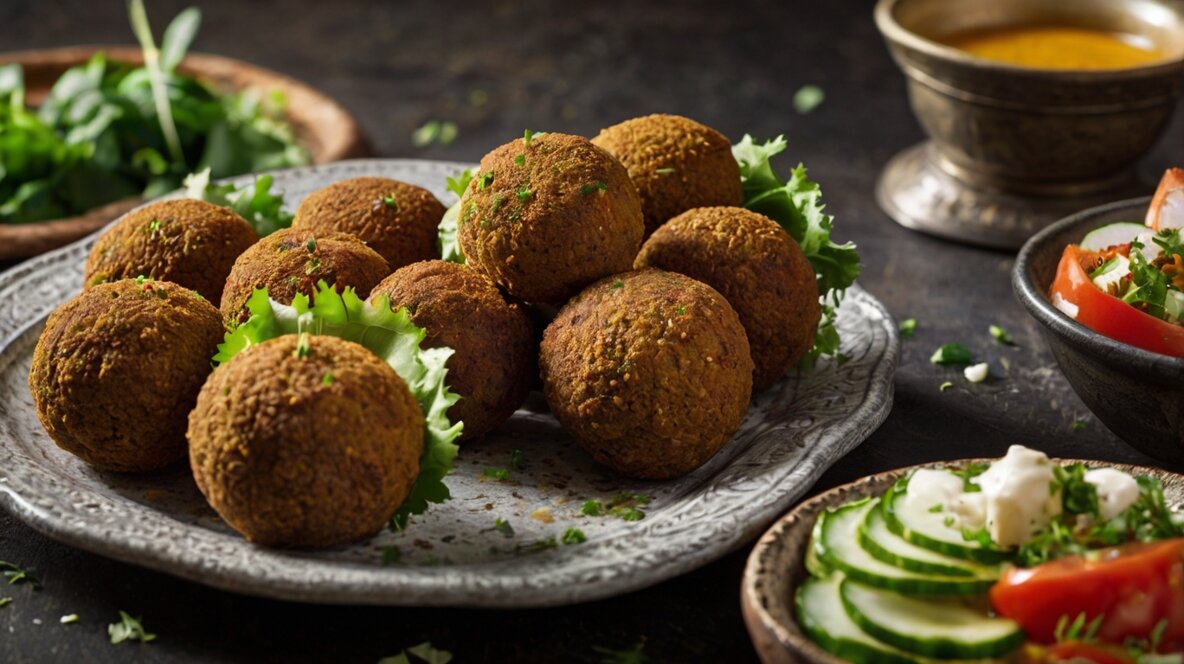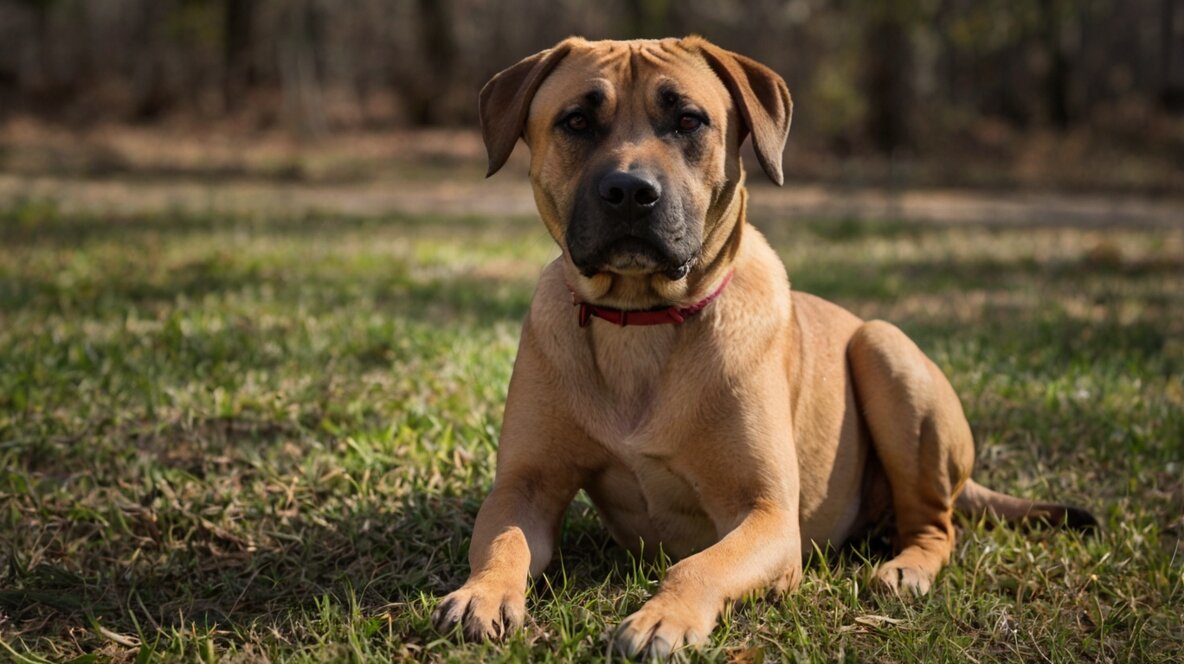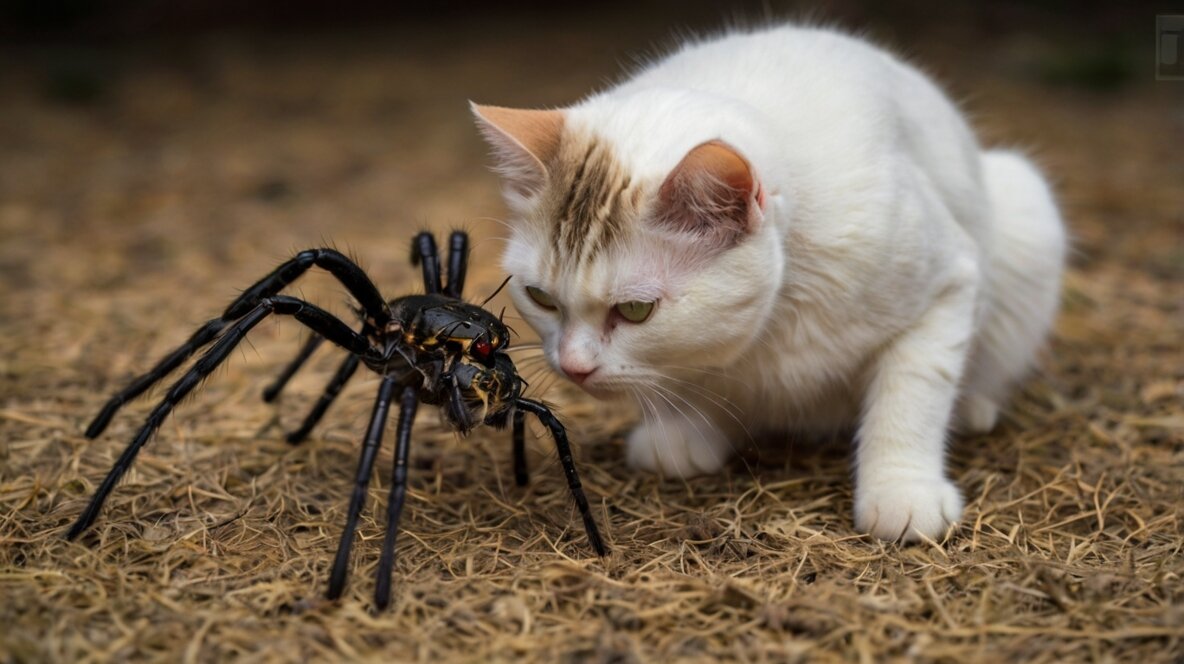Table of Contents
Introduction
“Is falafel healthy for cats?” We all love falafel—a crispy, flavorful treat made from chickpeas and aromatic spices. As humans, it’s easy to indulge in such a snack, but as cat owners, you might find yourself wondering, “Is falafel safe for my cat?” Cats are often curious about what we eat, but their dietary needs are very different from ours. Understanding what is healthy for your feline friend is crucial to keeping them safe and healthy. So, is falafel one of those foods you can share with your cat? Let’s dive into some vet-approved advice on whether falafel is healthy for cats.
What Is Falafel?
Falafel is a Middle Eastern dish made primarily from ground chickpeas (or sometimes fava beans), combined with herbs and spices like cumin, coriander, garlic, and onions. The mixture is then shaped into balls or patties and deep-fried to crispy perfection. While it’s packed with nutrients such as protein, fiber, and vitamins for humans, that doesn’t necessarily mean it’s suitable for our feline companions.
Can Cats Eat Human Food?
Before diving into whether falafel specifically is good for cats, it’s important to address the broader question of whether cats should be eating human food at all. Cats have unique dietary requirements as obligate carnivores, which means they need animal-based proteins to thrive. While some human foods can be safely shared in small amounts, many pose health risks to cats. Ingredients that are harmless or even beneficial to humans can be toxic or harmful to our pets.
Is Falafel Safe for Cats?
Unfortunately, falafel is not a food that cats should eat. While chickpeas themselves are not toxic to cats, the other ingredients in falafel can cause serious harm. Falafel often contains garlic and onions—both of which are toxic to cats. Even in small amounts, these can cause damage to a cat’s red blood cells, leading to a condition known as hemolytic anemia. Other ingredients like salt and frying oil also pose risks, making falafel an unhealthy and potentially dangerous choice for cats.
The Role of Chickpeas in a Cat’s Diet
Chickpeas, one of the main ingredients in falafel, are a type of legume. While they aren’t toxic to cats, they don’t provide the kind of nutrition cats need. Cats require a high-protein, low-carbohydrate diet, and chickpeas are rich in carbohydrates. Feeding a cat too many carbs can lead to digestive issues, weight gain, and other health problems. Chickpeas also contain fiber, which in small amounts could benefit a cat’s digestion, but too much can cause gastrointestinal upset.
Herbs and Spices: A Hidden Danger
One of the appealing things about falafel is its flavor, which comes from a blend of herbs and spices like cumin, coriander, parsley, and, unfortunately for cats, garlic and onions. While herbs like parsley might be harmless in small quantities, spices like garlic and onions are highly toxic to cats. They can lead to serious health problems, including anemia and gastrointestinal distress.
Garlic and Onion Toxicity in Cats
Both garlic and onions contain compounds that damage a cat’s red blood cells, leading to hemolytic anemia—a condition where the body destroys red blood cells faster than it can produce them. Symptoms of garlic and onion toxicity in cats include lethargy, weakness, vomiting, diarrhea, and even collapse. These ingredients, even in powdered form, are dangerous to cats and should be avoided at all costs.
Salt and Oil in Falafel: Another Red Flag
Falafel is often fried in oil, which adds to its crispiness but also makes it unhealthy for cats. Fried foods can cause digestive issues like vomiting and diarrhea in cats, and the high-fat content may contribute to obesity and pancreatitis. Salt is another concern, as excessive salt intake can lead to sodium ion poisoning in cats. Symptoms include vomiting, diarrhea, tremors, and in severe cases, death.
Nutritional Imbalance
Cats are obligate carnivores, meaning their diet should be primarily meat-based. Falafel, while high in protein for humans, is plant-based and lacks the animal proteins that cats need to stay healthy. A cat’s diet must include specific amino acids like taurine, which are found in animal tissues but not in plant-based foods. Feeding your cat falafel regularly could lead to nutritional deficiencies over time.
Possible Health Risks of Feeding Falafel to Cats
Feeding falafel to your cat can lead to a variety of health problems, including:
- Digestive issues: Cats might experience vomiting, diarrhea, and stomach upset after eating falafel.
- Allergic reactions: Some cats may be allergic to legumes or spices found in falafel.
- Toxicity: Garlic and onion poisoning is a serious risk.
- Long-term health problems: Nutritional imbalances from non-meat diets can cause long-term health issues in cats, such as weakness and lethargy.
Vet-Approved Feline Diet
To keep your cat healthy, stick to a diet that is approved by veterinarians. Cats need a balanced, species-appropriate diet rich in animal protein, fat, and certain vitamins and minerals. Commercially available cat foods are specially formulated to meet these needs. Wet food, dry food, or a combination of both can ensure your cat gets the right balance of nutrients.
Alternatives to Falafel for Cats
If you’re looking for a healthy treat for your cat, there are plenty of options that mimic the texture of falafel without the harmful ingredients. Some alternatives include:
- Cooked, unseasoned chicken or turkey: A great source of protein that cats will love.
- Cat-specific treats: Many pet stores offer crunchy or soft treats designed specifically for cats.
- Small amounts of plain, cooked fish: A healthy treat, as long as it’s free of bones and seasoning.
What to Do if Your Cat Eats Falafel
If your cat accidentally consumes a small amount of falafel, don’t panic. Monitor your cat for any signs of distress, such as vomiting, diarrhea, or lethargy. If you notice any symptoms of garlic or onion toxicity, or if your cat ate a large amount, contact your veterinarian immediately for advice.
Tips for Cat Owners on Human Food
Avoid feeding your cat from your plate to prevent accidental ingestion of harmful foods. It can be tempting to share, especially when your cat looks up at you with those big eyes, but it’s always better to stick to foods formulated for cats. Keep tempting foods out of reach and educate family members about the risks of feeding cats human food.
Conclusion
In conclusion, while falafel might be a delicious and nutritious treat for humans, it’s not a safe or healthy choice for your feline friend. The ingredients in falafel, particularly garlic, onions, and fried oil, can cause serious harm to your cat. Always prioritize a vet-approved diet rich in animal proteins and designed specifically for cats. When in doubt, consult your veterinarian before offering your cat any human food.
FAQs
- Can a small amount of falafel hurt my cat?
A small amount may not cause immediate harm, but it’s best to avoid it due to the toxic ingredients like garlic and onions. - What are the symptoms of garlic poisoning in cats?
Symptoms include vomiting, diarrhea, lethargy, and pale gums. If you suspect garlic poisoning, contact a vet immediately. - Are chickpeas safe for cats?
Chickpeas aren’t toxic, but they don’t provide the nutrition cats need. Too many chickpeas can cause digestive issues. - What human foods are safe for cats?
Small amounts of cooked, unseasoned meats like chicken or turkey are safe. Avoid seasonings, oils, and spices. - What should I do if my cat eats falafel?
Monitor your cat for signs of distress and contact your vet if symptoms like vomiting, diarrhea, or lethargy occur.



